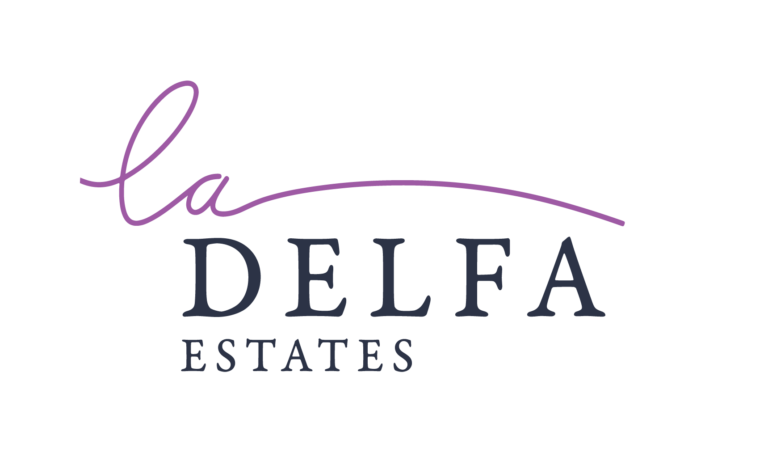As a specialist estate agency, we’ve worked with and seen our fair share of landlords looking to rent out their properties. While being a landlord can be a lucrative investment opportunity, it is essential to know the ins and outs of the industry to ensure success. Here are the seven things every landlord needs to know:
1. Understanding the legal requirements
The first thing a landlord needs to know is the legal requirements involved in renting out their property. This includes obtaining a Gas Safety Certificate, an Energy Performance Certificate, and ensuring that any deposit taken is registered with a government-approved scheme. Additionally, landlords must ensure that the property meets all safety regulations, such as having working smoke and carbon monoxide alarms.
2. Finding reliable tenants
One of the biggest challenges a landlord faces is finding reliable tenants. This involves advertising the property effectively, conducting thorough background checks, and verifying employment and income. A reliable tenant is one who pays rent on time, takes care of the property, and follows the rules and regulations set forth in the tenancy agreement.
3. Creating a tenancy agreement
A tenancy agreement is a legally binding contract between the landlord and the tenant. It outlines the terms and conditions of the tenancy, including the rental amount, payment schedule, and length of the tenancy. It is essential to have a well-written tenancy agreement that is easy to understand and covers all the necessary details to avoid any misunderstandings or legal issues down the line.
4. Maintaining the property
Landlords must maintain their property adequately to keep it in good condition and ensure tenant satisfaction. This includes routine maintenance and repairs, such as fixing leaks, replacing broken appliances, and ensuring that the property is clean and presentable. It is also essential to respond promptly to any tenant requests or concerns to maintain a positive landlord-tenant relationship.
5. Collecting rent and deposits
Collecting rent and deposits is a crucial aspect of being a landlord. Landlords must ensure that rent is paid on time and that any deposit taken is protected in a government-approved scheme. It is also important to have a system in place for collecting rent and dealing with any late payments or arrears.
6. Dealing with disputes
Disputes between landlords and tenants can arise, and it is essential to have a plan in place to deal with them effectively. This involves understanding the legal process for resolving disputes, such as mediation or court proceedings, and having a clear understanding of the tenancy agreement and any relevant laws.
7. Hiring a letting agency
Finally, hiring a letting agency can be hugely beneficial for landlords. A letting agency can take care of many of the tasks involved in renting out a property, such as finding tenants, creating tenancy agreements, and collecting rent. They can also provide valuable advice and support to landlords, ensuring that they remain compliant with all legal requirements.
And whilst some people opt to do all of this themselves, it can be an arduous and lengthy commitment to keep on top of everything. This is just one of the areas where LaDelfa Estates offer a significant advantage through a tried and tested process of managing a wide variety of residential properties, years of experience to bring to bear, and a tailored approach to ensure you receive the best value for your property and the service you deserve from a genuine property partner.




